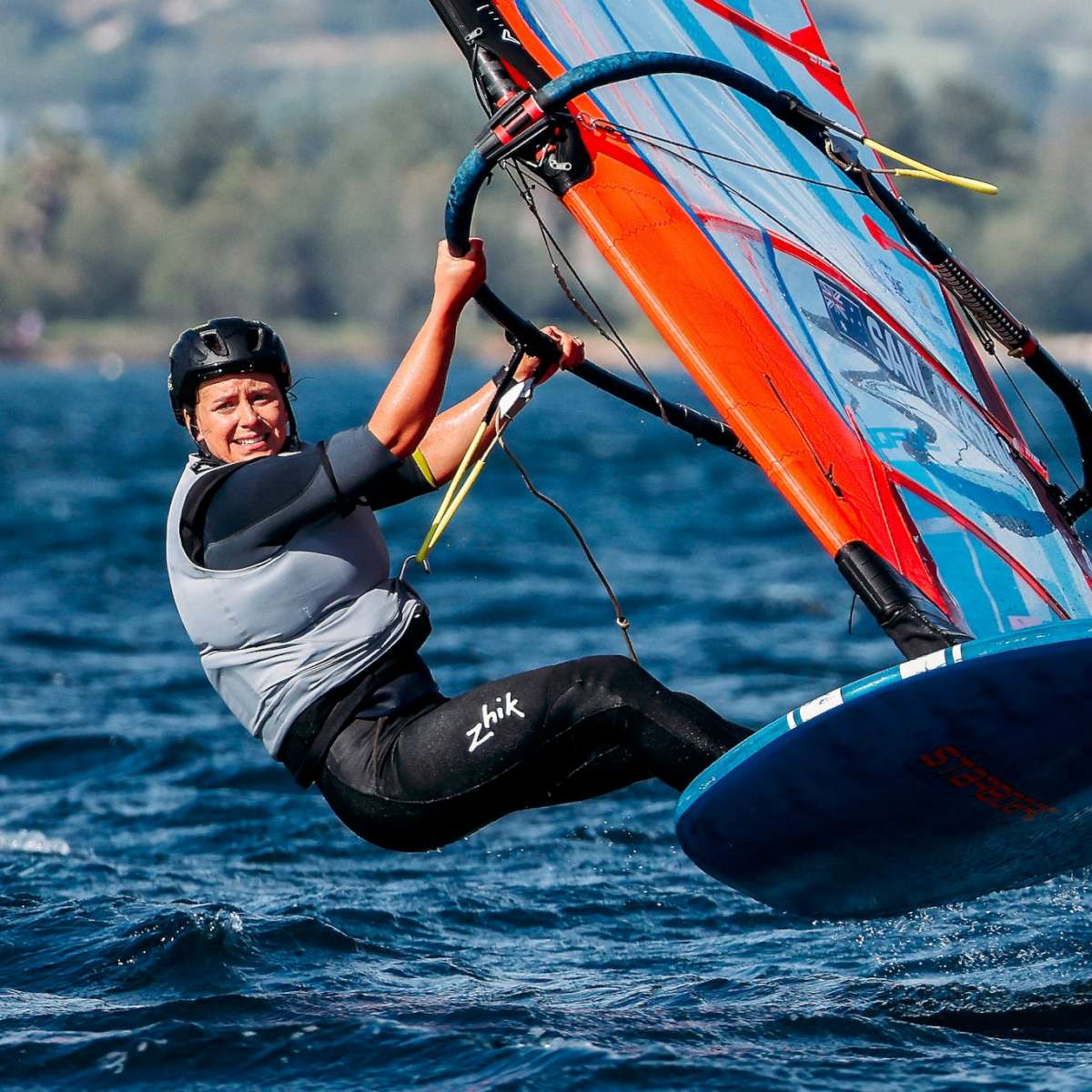The Canadian Coast Guard is asking boaters in British Columbia to stay off the water this season in order to reduce the risk of spreading COVID-19.
In an open letter to Canada's maritime community, Canadian Coast Guard assistant commissioner Roger Girouard appealed to mariners' longstanding tradition of assisting others and saving lives at sea. “Today, on behalf of the Canadian Coast Guard, I am asking all mariners to once again come to the aid of others by avoiding non-essential trips and consider staying close to home to save lives as our country works to reduce the spread of COVID-19,” Giroard wrote.
SAR response calls are up this year in B.C., Giroard said, despite the coronavirus shutdown. With each callout to rescue distressed pleasure boats, responders run the risk of exposing themselves to people with COVID-19 – and they use up PPE that could be needed for rescuing commercial mariners. “Unnecessary boating trips increase the risk to our operations and our ability to respond,” Giroard cautioned.
Giroard also noted that boaters could carry the disease to small coastal communities, where health care resources are limited. Some regions of the B.C. coast – notably the Heiltsuk Nation – are doing what they can to discourage visitors from the outside world as a precautionary measure. “Your presence in an area could have a serious impact on vulnerable community members, and if you were to get sick, strain the limited health care resources of that community,” he wrote.
Heiltsuk leaders say that despite stay-at-home orders, recreational boaters and sailing yachts have continued to arrive on their remote shores. On March 27, the Heiltsuk passed a bylaw banning the arrival of non-residents, and they have been enforcing the rule by turning away recreational boaters. “This is not the time to visit Bella Bella,” said Chief Councillor Marilyn Slett. “I know that people are scared and trying to find a place of refuge . . . but our community of Bella Bella is highly vulnerable to a COVID-19 outbreak.”
The Nuxalk, Oweekeno and Kitasoo-Xai'Xais nations have implemented similar restrictions, and many other communities in B.C.'s south and central coast regions have asked visitors to stay away voluntarily. Taken together, these closures mean that fuel, supplies and services for boaters may be difficult to access along parts of the B.C. coastline.
























